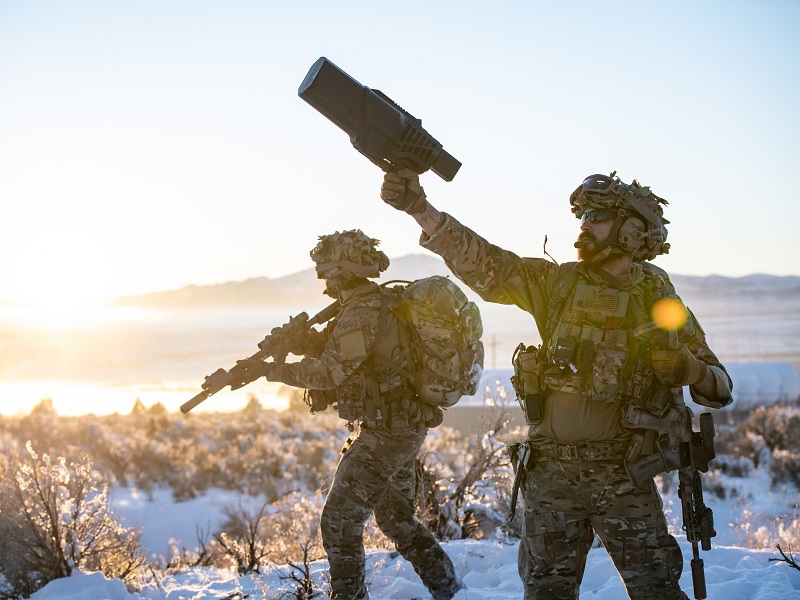DroneShield has raised $120 million to fund R&D for new counterdrone devices and continue its push into new markets, positioning the Australian defence technology company for future growth.
The company announced the completed share placement on Thursday, reporting “strong support” from new and existing institutional and sophisticated investors following a pullback in its share price.
DroneShield shares have more than halved after reaching a high of $2.60 on 15 July, falling 30 per cent in a single day last month following a report on the company’s valuation.

In the two weeks since, the share price has continued to fall, reaching $1.19 on Thursday despite the company recording record revenues of $24.1 million in the first half of the year.
DroneShield is expected to use the bulk of the new funding ($90 million) to fund “artificial intelligence R&D into new counterdrone… products and new generations of existing products”.
A further $20 million will be used for “potential strategic bolt-on acquisitions”, which the company said would also assist the development of new AI products and software capabilities.
In a statement, DroneShield chief executive Oleg Vornik said the “rapid R&D programs” would take place over the next 12-24 months and were “in response to end user requirements”.
“This favorably positions DroneShield to fuel its revenue growth and further increase its margins, due to anticipated increase in AI SaaS offerings and higher sales pricing for the underlying hardware…” he said.
The company currently has an order pipeline of $1.1 billion, with $28 million of contracted sales currently being fulfilled. It has 110 qualified projects at present, up from 90 projects last month.
It signed the first ever counter-drone procurement agreement with NATO in April, opening the door to new contracts with nations from the military alliance.
DroneShield last month opened a new headquarters in Sydney, allowing it to triple its manufacturing and R&D capacity to more than $400 million worth of hardware and software each year.
The facility, which was funded by the company’s $115 million capital raise in April, will house 120 Australian staff.
Another 40 employees are expected to be added in the short-term to drive development of “in-house AI and machine learning… capabilities”.
Do you know more? Contact James Riley via Email.

